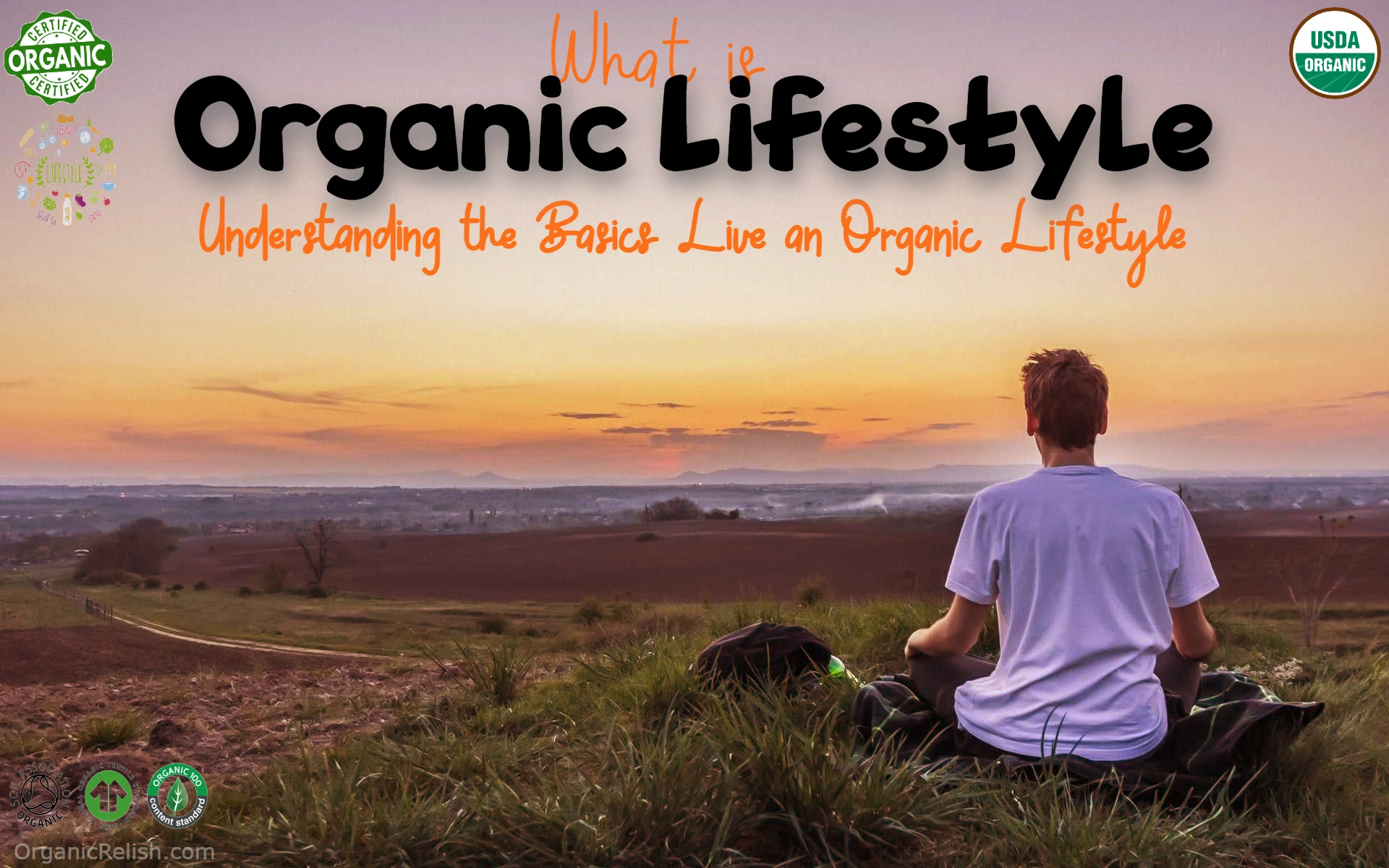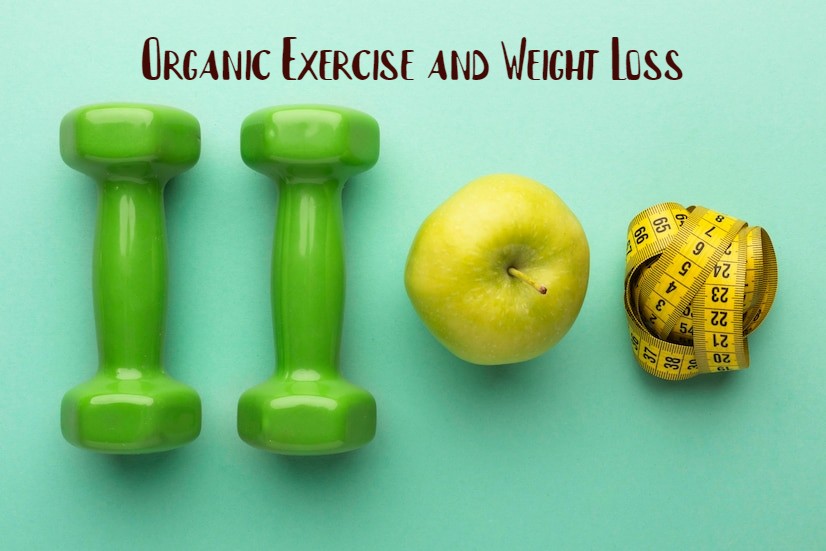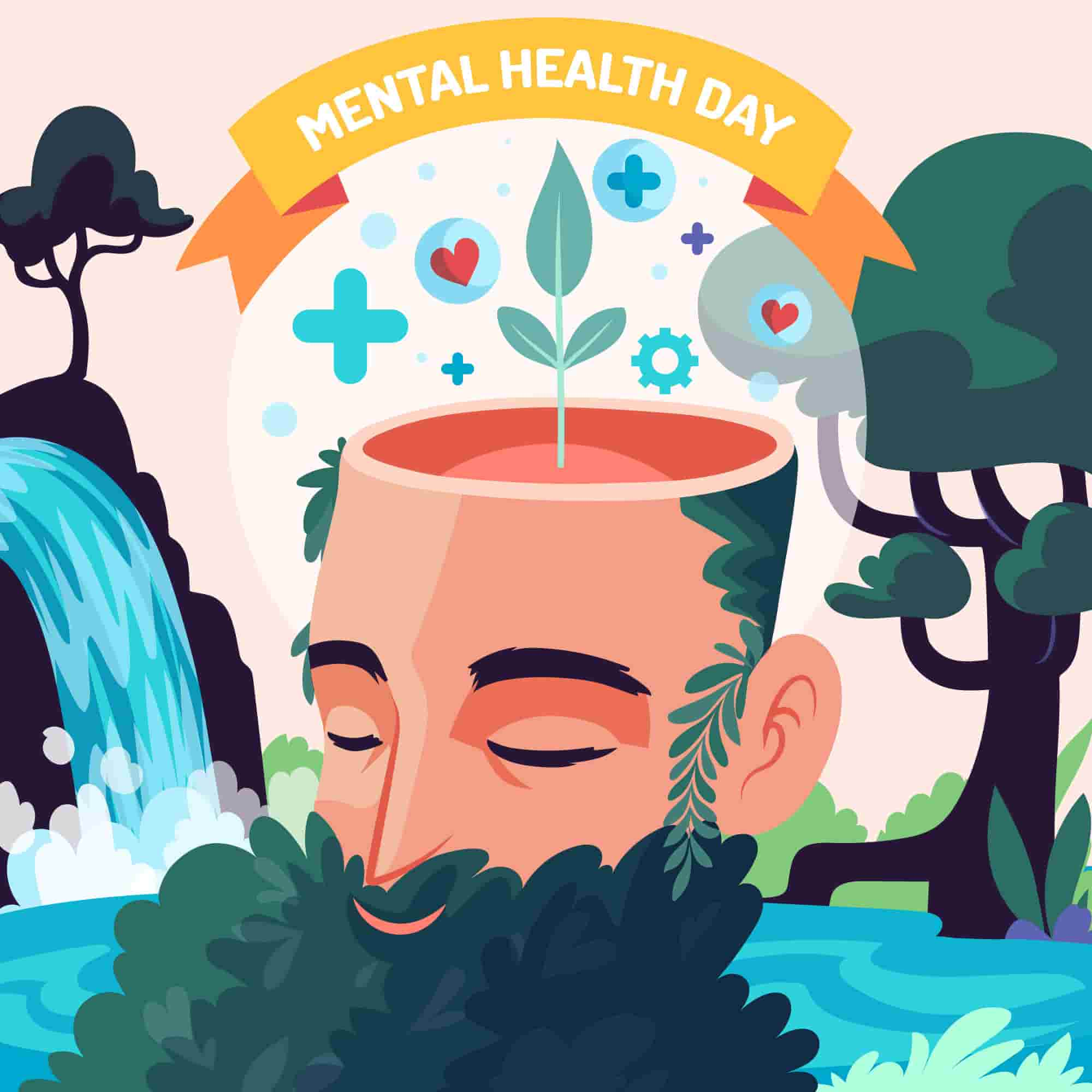What is Organic Lifestyle?

Organic Lifestyle: Understanding the Basics Live an Organic Lifestyle
Organic lifestyle refers to a way of living that emphasizes the use of natural and environmentally friendly products and practices. It is a growing trend as more and more people become conscious of the impact of their choices on the environment and their health. Choosing an organic lifestyle means being mindful of the products you use and the practices you engage in, and making choices that are better for the planet and your well-being.
Incorporating organic products into your daily routine can have numerous benefits. For one, organic products are often free of harmful chemicals and preservatives that can have negative effects on your health. They are also better for the environment, as they are grown and produced without the use of harmful pesticides and fertilizers. Additionally, choosing organic products supports sustainable agriculture and helps protect wildlife and biodiversity.
By embracing an organic lifestyle, you can contribute to a healthier planet and a healthier you. If you are interested in learning more about organic living and the many benefits it has to offer, read on to discover all the different aspects of this lifestyle and how you can get started on your own journey towards a more sustainable and natural way of living. Whether you are just starting out or have been practicing organic living for years, this guide is a valuable resource for anyone looking to deepen their commitment to a healthier, more conscious way of life.
Organic Lifestyle Benefits
An organic lifestyle refers to a way of living that prioritizes natural and sustainable products, practices, and processes. It encompasses everything from food and fashion to home décor and personal care products. While the organic lifestyle has gained popularity in recent years, it is not just a trend or fad – it is a conscious choice to live a healthier, more environmentally-friendly life.
Health Benefits
One of the biggest advantages of an organic lifestyle is improved health. Organic foods are free from harmful chemicals and pesticides that can have negative effects on our bodies. This is particularly important for children, pregnant women, and individuals with weakened immune systems who are more susceptible to the adverse effects of chemicals.
By choosing organic food, you can also avoid genetically modified organisms (GMOs), which have been linked to a range of health problems, including allergies, infertility, and cancer. Organic food is also often higher in nutrients, including vitamins, minerals, and antioxidants, which are essential for good health.
Reduced Exposure to Harmful Chemicals
Pesticides, herbicides, and other chemicals used in conventional agriculture can have detrimental effects on the environment and our health. They can contaminate groundwater, harm wildlife, and even cause birth defects and cancer. By choosing organic products, you can reduce your exposure to these harmful chemicals and support sustainable agriculture practices that are better for the planet and its inhabitants.
Support for Local Communities
An organic lifestyle also supports local communities by encouraging the use of locally-grown produce and products. This helps to keep money within the local economy and can also reduce the carbon footprint of food production, as local produce does not have to be transported long distances. In addition, many organic farmers use sustainable practices that help to conserve soil, water, and other natural resources.
Environmental Benefits
The benefits of an organic lifestyle extend beyond individual health to the health of the planet. Organic farming practices help to reduce greenhouse gas emissions and promote soil health, leading to a more sustainable future. By choosing organic products, you are supporting practices that are better for the environment, including reducing the use of harmful chemicals, conserving water, and promoting biodiversity.
Sustainability
Sustainability is a key component of an organic lifestyle. Organic farming practices help to conserve natural resources and promote a healthy ecosystem, while reducing the negative impact of agriculture on the environment. By choosing organic products, you are supporting a more sustainable future and reducing your own environmental footprint.
Reduced Carbon Footprint
In addition to promoting sustainable agriculture practices, an organic lifestyle can also help to reduce your personal carbon footprint. By choosing locally-grown produce and products, you can reduce the distance that your food and other items have to travel, which in turn reduces the carbon emissions associated with transportation.
Better Tasting Food
Many people who adopt an organic lifestyle also find that the food tastes better. This is because organic food is often fresher and contains fewer preservatives, additives, and other chemicals. In addition, organic farmers often use traditional methods of farming that allow the food to ripen naturally, which can lead to better flavor and texture.
In conclusion, an organic lifestyle has numerous advantages for both personal health and the health of the planet. By choosing organic products and supporting sustainable practices, you can improve your health, reduce your exposure to harmful chemicals, support local communities, and promote a more sustainable future. So, if you are looking for a healthier, more environmentally-friendly way of life, consider adopting an organic lifestyle today!
Elements of an Organic Lifestyle
An organic lifestyle encompasses several key elements, including:
- Organic food: Eating a diet rich in organic fruits, vegetables, and whole grains can help you avoid harmful chemicals and support your health.
- Eco-friendly products: Using environmentally friendly products, such as organic clothing and natural cleaning, helps reduce your impact on the environment.
- Sustainable living: Implementing sustainable practices, such as reducing waste and conserving energy, helps preserve resources for future generations.
- Mindfulness and self-care: Incorporating mindfulness practices, such as meditation and yoga, and taking care of your physical, mental, and emotional well-being can help you live a more fulfilling life.
- Community involvement: Building relationships and supporting local communities can help create a more connected and sustainable world.
Choosing an Organic Lifestyle
Adopting an organic lifestyle can be a gradual process, and it’s important to make changes that work for you and your lifestyle. Start by making small changes, such as switching to organic produce or using natural cleaning products, and gradually incorporate more elements of an organic lifestyle over time. Remember, every small step you take can have a big impact on your health, the environment, and future generations.
Organic Farming
Organic farming is a system of farming that avoids the use of synthetic fertilizers, pesticides, and genetically modified organisms (GMOs) in order to promote environmentally friendly and sustainable agriculture. Organic farmers use natural methods such as crop rotation, composting, and beneficial insects to maintain soil health and manage pests and diseases.
Organic foods
Organic foods are products that are grown and processed according to strict organic farming standards. These standards are set by regulatory bodies such as the USDA in the United States. Organic foods are free from synthetic pesticides and fertilizers, antibiotics, growth hormones, and genetically modified organisms (GMOs).
Organic Home and Personal Care Products
Organic home and personal care products are products that are made with natural and organic ingredients, free from harmful chemicals such as parabens, phthalates, and sulfates. These products are designed to promote health and wellness and are typically made from plant-based ingredients, essential oils, and natural fragrances.
Organic Clothing
Organic clothing is made from organic fibers, such as cotton, that are grown and processed without the use of synthetic pesticides and fertilizers. Organic clothing is also free from harmful chemicals and dyes, making it a more environmentally friendly and sustainable option compared to traditional clothing.
Organic Beauty
Organic beauty products are cosmetic products that are made with natural and organic ingredients and are free from harmful chemicals such as parabens, phthalates, and sulfates. These products are designed to promote health and wellness and are typically made from plant-based ingredients, essential oils, and natural fragrances.
How to Choose Organic Lifestyle Products
Making the transition to an organic lifestyle can be both exciting and overwhelming. With so many organic products on the market, it can be difficult to know what to look for when choosing organic products. Here are some tips to help you make informed decisions:
- Read the labels carefully: When shopping for organic products, it is important to read the labels carefully. Look for products that are certified organic and have the USDA Organic seal. This means that the product has been produced in accordance with strict organic farming standards and is free from harmful chemicals and pesticides.
- Look for non-toxic ingredients: When shopping for organic products, it is important to look for non-toxic ingredients. Avoid products that contain harmful chemicals, such as parabens, sulfates, and synthetic fragrances. Instead, look for products that are made with natural, organic ingredients such as essential oils, botanicals, and herbs.
- Choose products from reputable brands: There are many brands that claim to be organic, but not all of them are created equal. Choose products from reputable brands that have a history of producing high-quality, organic products. Consider reaching out to the brand to learn more about their farming and production practices.
- Consider the source of the ingredients: When choosing organic products, it is important to consider where the ingredients come from. Opt for products that use locally-sourced ingredients, as this helps to reduce the carbon footprint of your purchases and supports local farmers.
- Don’t be swayed by marketing claims: Many brands use marketing claims to make their products appear more organic than they actually are. Don’t be swayed by claims such as “natural” or “eco-friendly”. Instead, look for products that have been certified organic and have the USDA Organic seal.
- Shop at stores that specialize in organic products: Shopping at stores that specialize in organic products can help you to find high-quality, organic products. These stores often have knowledgeable staff who can help you to choose the right products for your needs.
- Consider the packaging: The packaging of a product is often overlooked, but it can have a significant impact on the environment. When choosing organic products, opt for products that are packaged in biodegradable or recycled materials.
By following these tips, you can choose organic lifestyle products that are not only good for you, but also good for the environment. Remember, taking small steps towards a more organic lifestyle can have a big impact in the long run.
FAQs
An organic lifestyle is a way of living that focuses on using products and services made from natural, non-toxic and chemical-free materials. It includes a focus on healthy eating, environmentally friendly practices, and reducing exposure to toxins.
Adopting an organic lifestyle can lead to improved health and a reduced risk of exposure to toxic chemicals. It also has a positive impact on the environment by reducing the use of harmful chemicals and promoting sustainable agriculture practices.
Organic products can often be more expensive than their non-organic counterparts due to the higher cost of producing organic crops and the lack of government subsidies for organic farmers. However, many people find that the benefits of an organic lifestyle outweigh the extra cost.
Look for products that have been certified by a reputable organic certification agency, such as USDA Organic or the Organic Materials Review Institute (OMRI). These organizations have strict standards for what constitutes an organic product and regularly inspect and verify the products that carry their seals.
Organic lifestyle products include organic food, personal care items, cleaning products, and clothing made from natural fibers.
Consider your personal needs and preferences, and research the products and brands you are interested in to ensure they meet your standards for quality and sustainability. Read product labels carefully and look for certifications from reputable organic organizations.
Check for certifications from reputable organic organizations and look for information about the product’s ingredients and their source. Make sure that the product is made from high-quality, natural, and non-toxic ingredients.
Read More:



